
 CBSE SCHOOL EXAMS / NEET / IIT-JEE (TAKE DEMO*) / Online Yoga (FREE CLASSES*)
CBSE SCHOOL EXAMS / NEET / IIT-JEE (TAKE DEMO*) / Online Yoga (FREE CLASSES*)
 CBSE SCHOOL EXAMS / NEET / IIT-JEE (TAKE DEMO*) / Online Yoga (FREE CLASSES*)
CBSE SCHOOL EXAMS / NEET / IIT-JEE (TAKE DEMO*) / Online Yoga (FREE CLASSES*)
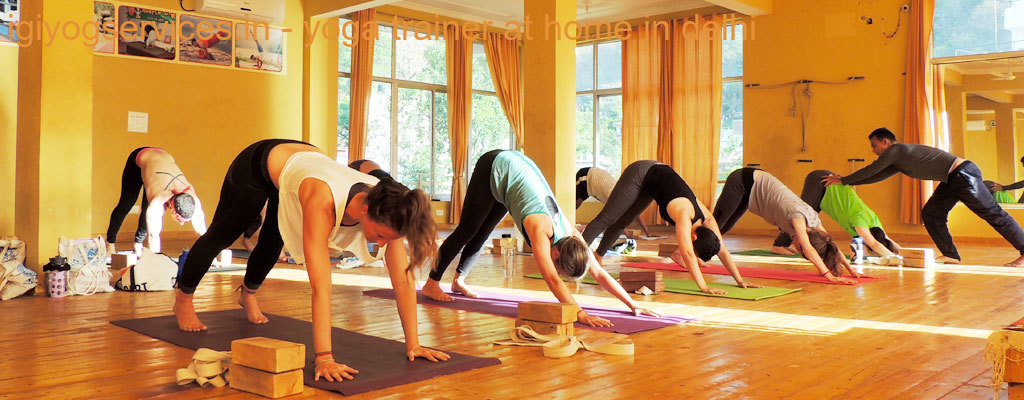


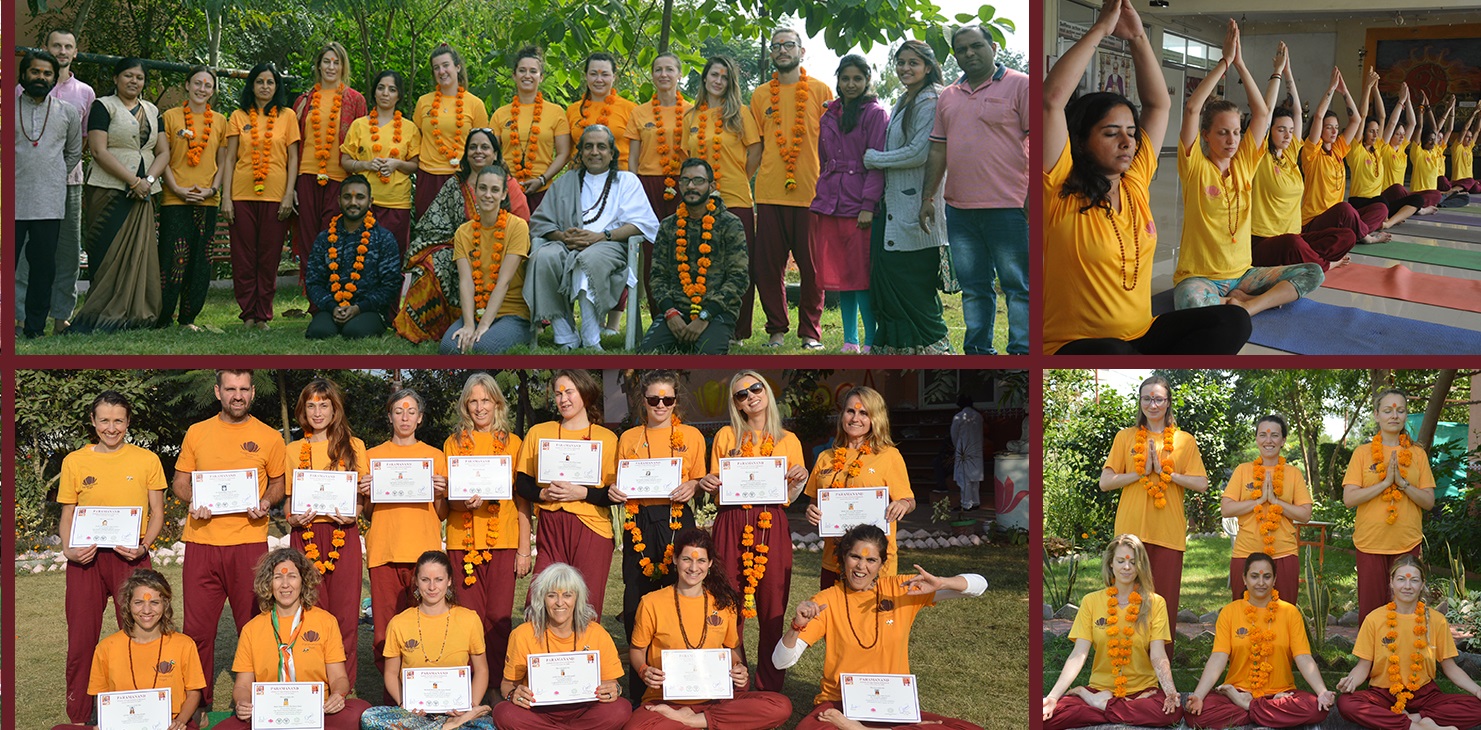
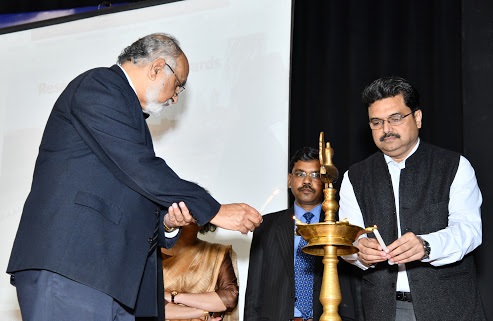



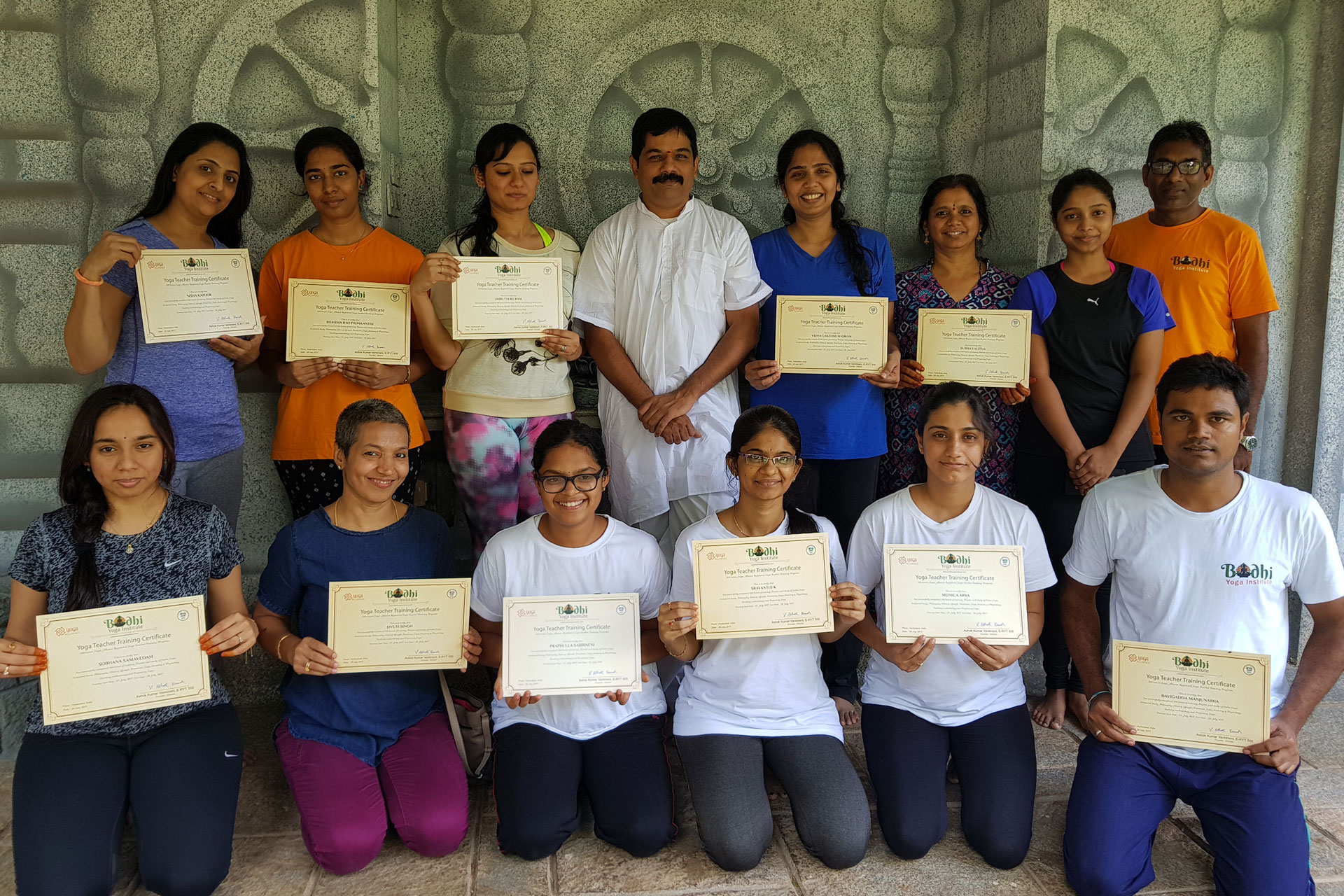
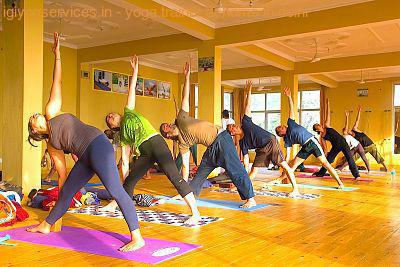
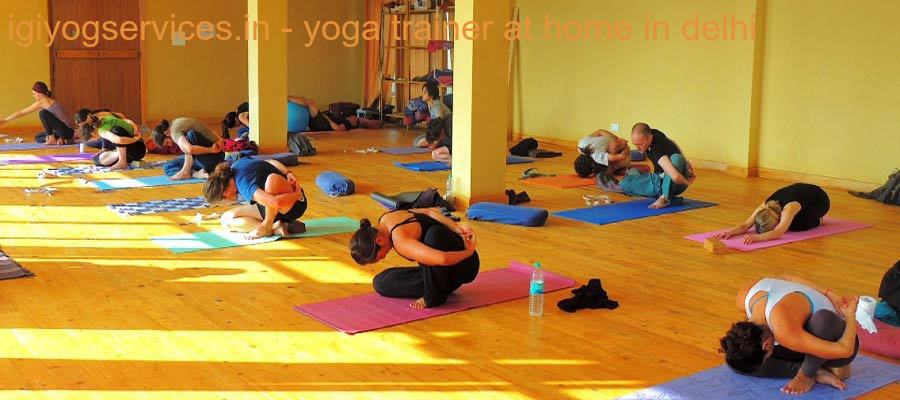
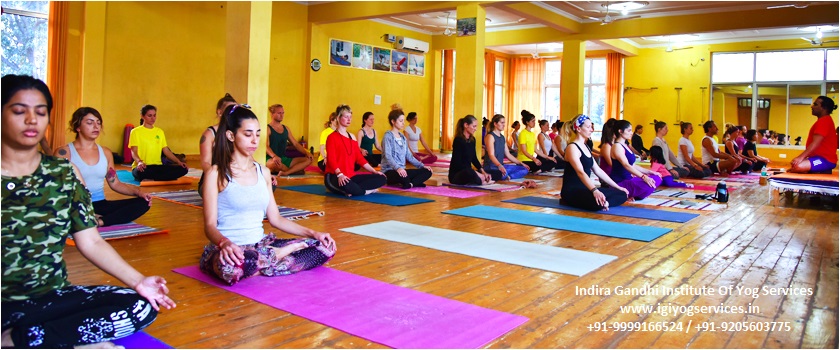

 Yoga For General Fitness (Module-1)
Yoga For General Fitness (Module-1) Yoga For General Fitness (Module-1)
Yoga For General Fitness (Module-1) Yoga For General Fitness (Module-1)
Yoga For General Fitness (Module-1) Yoga For General Fitness (Module-1)
Yoga For General Fitness (Module-1) Yoga For General Fitness (Module-1)
Yoga For General Fitness (Module-1) Yoga For General Fitness (Module-1)
Yoga For General Fitness (Module-1)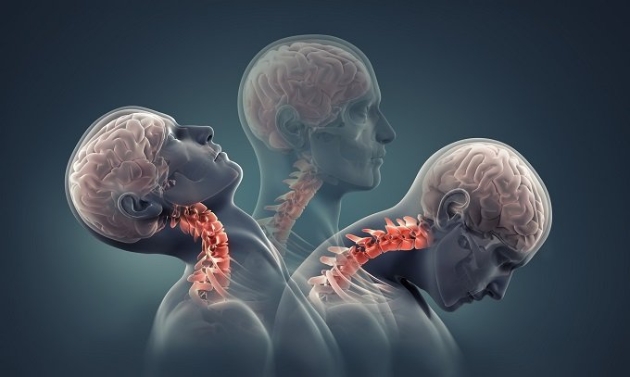 Yoga For Lifestyle Disorders (Module-2)
Yoga For Lifestyle Disorders (Module-2) Yoga For Lifestyle Disorders (Module-2)
Yoga For Lifestyle Disorders (Module-2) Yoga For Lifestyle Disorders (Module-2)
Yoga For Lifestyle Disorders (Module-2) Yoga For Lifestyle Disorders (Module-2)
Yoga For Lifestyle Disorders (Module-2) Yoga For Lifestyle Disorders (Module-2)
Yoga For Lifestyle Disorders (Module-2)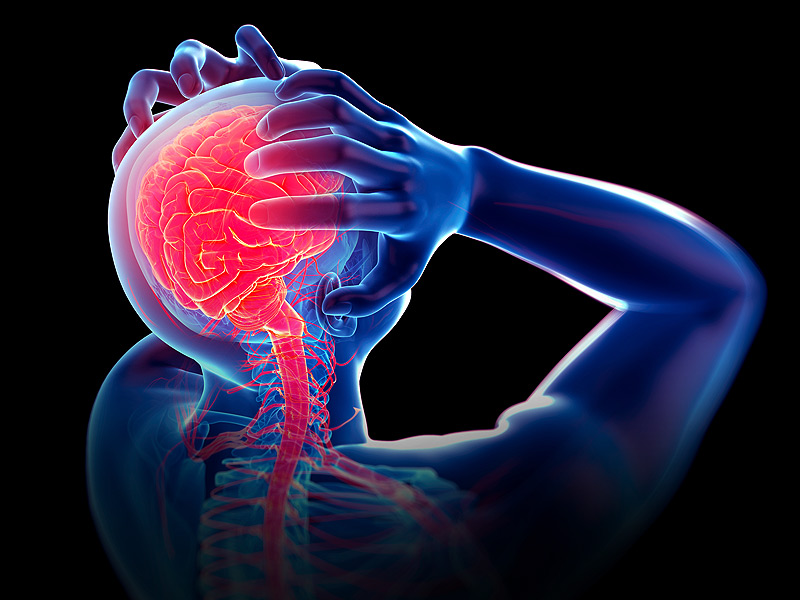 Yoga For Therapy (Module-3)
Yoga For Therapy (Module-3)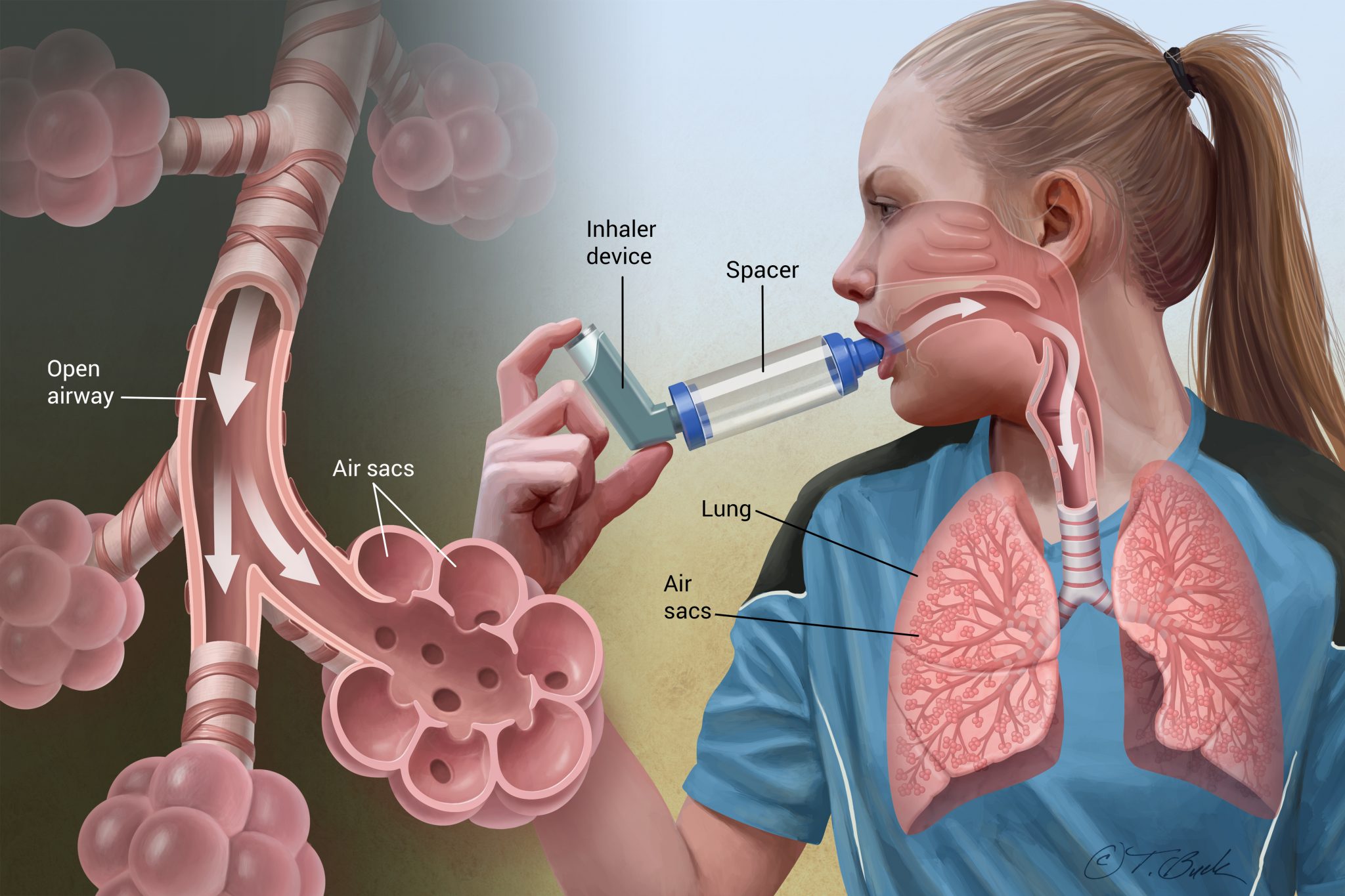 Yoga For Therapy (Module-3)
Yoga For Therapy (Module-3) Yoga For Therapy (Module-3)
Yoga For Therapy (Module-3) Yoga For Therapy (Module-3)
Yoga For Therapy (Module-3) Yoga For Therapy (Module-3)
Yoga For Therapy (Module-3) Yoga For Office And Schools (Module-4)
Yoga For Office And Schools (Module-4)
"Indira Gandhi Institute of Yog Services" (IGIYS) Yoga Workshop Organisation Located In The Heart Of India, New Delhi, Is The One Of The Oldest And Most Well Established Yoga Service Provider In India. Indira Gandhi Institute of Yog Services (IGIYS) Provides Best "Personal Yoga Trainer At Home" And Is Deeply Rooted With Indian Ancient Yoga Tradition And Religion, But Is Unique In A Way following Modern Life Transformational Journey With Yoga Techniques And Its Fundamentals, Including Basic Postures, Advanced Postures, Breathing And Meditation Philosophy. At IGIYS Our Certified "Yoga Instructors for Home" Are Dedicated To Fulfill Our Client Basic Requirements Since At The End The Only Thing That Matters Is Prime Result. At IGIYS Each "Yoga Instructors for Home" Has Been Certified To Teach Yoga With The IGIYS Yoga Alliance Highest Teaching Norms And Standards. They Are Dedicated And Talented Instructors In Themselves.
"Indira Gandhi Institute of Yog Services" (IGIYS) gives highest Yoga values to our customers requirements for "Yoga Trainer At Home" In West Delhi, North Delhi, East Delhi, South Delhi, NCR, Noida, Gurgaon, Faridabad, Janakpuri and Dwarka and does everything possible to provide them complete satisfaction with 100% results. We provide Yoga Classes At Home services in all Yoga allies viz Yoga for General Fitness, weight lose, Meditation, Pre/post Natal yoga, Yoga for children, Aged and young people, Yoga for Life style Disorders like Cervical, Migraine, Thyroid, Heart problem, Asthma, Arthritis, Post Accidental Recovery, Eye problem, Shoulder problem, Obesity, Diabetes(sugar), ...
Glaucoma, Knee and joint pain, COD cyst problem, stress management and more …
"Indira Gandhi Institute of Yog Services" (IGIYS) Assures Our Client The Best Yoga Training With Yoga Alliance Quality And Standards. Our Yoga Training Modules Starts From Beginners Session Covering All Basic Postures, Breathing Techniques And Flexibility Which Is Transformed To Advanced Level Yoga Sessions Keeping In Mind All Safety And Precautions Aspects Which Is The Prime Responsibility of Our Organisation. We Have More Than 1 Lakh Client Nation Wide Taking Our Prime Services In Yoga Alliance Acquiring All Benefits Of Yoga And Its Fundamentals To Its Maximum. We As An Organisation Had Taken Oath To Deliver Our Nation A Healthy And Peaceful World.
 Use 6mm Yoga Mat for Home Yoga Classes to aviod any type of body discomfort. Pain and sweat are good – “No pain No Gain” Try not to stretch body immediately. Warming of body with slight yoga asanas and then leveling up to extensive posture is good. Since sweating losses your body electrolytes such as sodium, potassium, magnesium and chloride "Take electrolyte supplement". Our "Yoga Trainer at home" in Delhi region are well Qualified for "yoga classes at home"
Use 6mm Yoga Mat for Home Yoga Classes to aviod any type of body discomfort. Pain and sweat are good – “No pain No Gain” Try not to stretch body immediately. Warming of body with slight yoga asanas and then leveling up to extensive posture is good. Since sweating losses your body electrolytes such as sodium, potassium, magnesium and chloride "Take electrolyte supplement". Our "Yoga Trainer at home" in Delhi region are well Qualified for "yoga classes at home"  Why IGIYS?
Why IGIYS?Mr Pankaj Thakur (Director and Founder) - Indira Gandhi Institute of Yog Services, New Delhi, offers highly qualified, certified, well talented Yoga trainer at home, nationwide (PAN India).
Video Gallery



